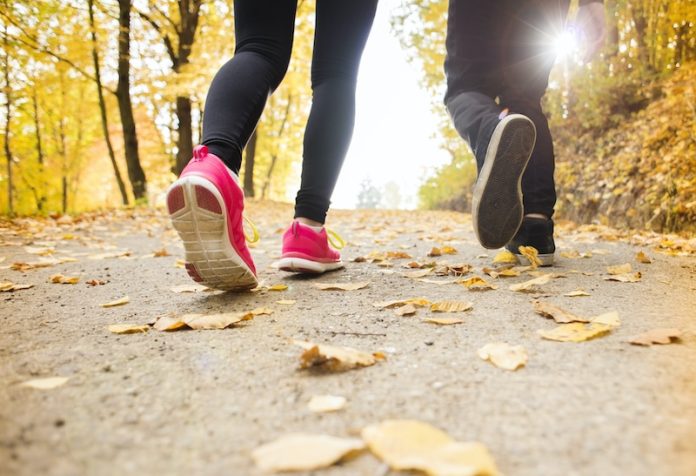
High blood pressure is a prevalent health concern among older adults in the United States, with potential risks for heart attacks, strokes, and heart failure.
A recent study led by Professor Linda Pescatello has revealed a straightforward and achievable solution: incorporating around 3,000 additional steps per day can significantly alleviate high blood pressure in this demographic.
This research addresses the pressing issue of high blood pressure and offers a practical intervention to improve cardiovascular health.
Study Overview
Professor Linda Pescatello, an expert in hypertension and exercise, collaborated with a team from Iowa State University to conduct this study.
They focused on sedentary adults aged 68 to 78, who initially averaged 4,000 daily steps.
Participants were encouraged to increase their daily steps to 7,000, in line with recommendations from the American College of Sports Medicine.
Despite the challenges posed by the COVID-19 pandemic, the study used remote methods, providing participants with tools like pedometers, blood pressure monitors, and step diaries.
This allowed participants to independently track their daily walks and monitor their blood pressure.
Results
The study yielded promising results. Participants experienced a significant reduction in both systolic and diastolic blood pressure, with average decreases of seven and four points, respectively.
These reductions translate to substantial relative risk reductions for all-cause mortality, cardiovascular mortality, heart disease, and stroke.
Importantly, these improvements were observed even among participants already taking anti-hypertensive medications, highlighting the added benefits of increased physical activity alongside medicinal treatments.
Conclusion and Implications
This research underscores the power of a simple lifestyle change—adding more daily steps—to achieve health benefits comparable to structured exercise and some medications.
It emphasizes the role of exercise as an integral component of anti-hypertensive therapy.
The study’s findings are significant, demonstrating the value of incorporating modest physical activity into the daily routines of older adults for managing high blood pressure.
The research findings are published in the Journal of Cardiovascular Development and Disease.
If you care about heart health, please read studies about Research shows the ideal blood pressure for older people and findings of Common high blood pressure drugs may cause memory problems.
For more information about blood pressure, please see recent studies about How to eat your way to healthy blood pressure and results showing that Modified traditional Chinese cuisine can lower blood pressure.
Follow us on Twitter for more articles about this topic.
Copyright © 2023 Knowridge Science Report. All rights reserved.



